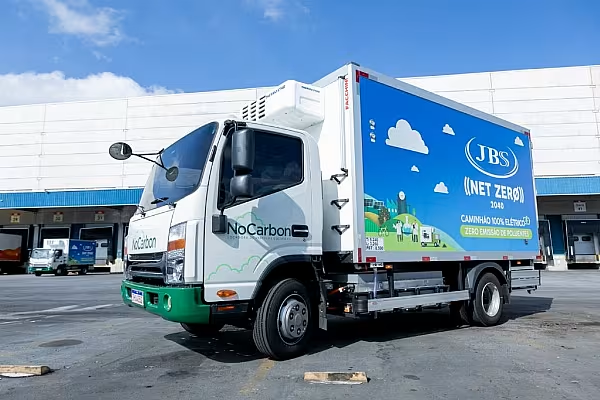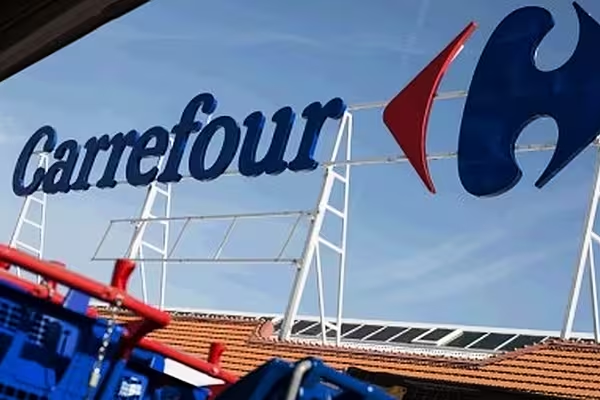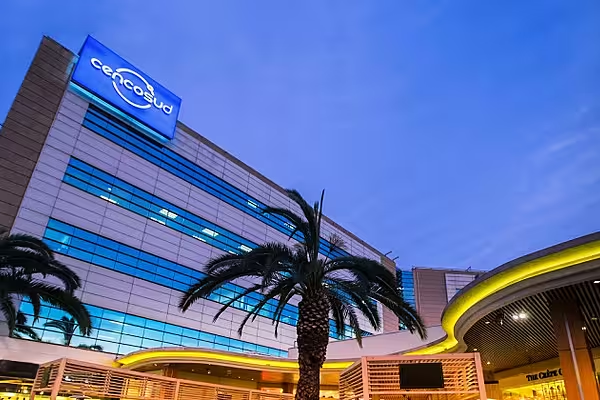Protein producer JBS has launched No Carbon – a new business which will specialise in 100% electric truck rental.
In line with the group's commitment to achieve net-zero emissions by 2040, the new company will be part of JBS Novos Negócios and will be responsible for managing a fleet of electric-powered refrigerated trucks.
The company will initially act in the logistics operations of JBS itself, to distribute products under its Friboi, Seara and Swift brands.
No Carbon
Each electric vehicle will help in eliminating the emission of around 30 tonnes of carbon dioxide (CO2) equivalent annually into the atmosphere.
With this, No Carbon will directly impact the CO2 emissions within JBS's scope 3 emissions as the new trucks replace the diesel models used by the group's logistics service providers.
No Carbon was created with a fleet of 31 electric Cargo Urban Vehicles (VUC), serving important regions in the states of São Paulo, Paraná, Santa Catarina, and the Federal District.
JBS aims to expand this fleet in the medium term, with the possibility of opening the lease of electric cargo vehicles to other market players with high demand for logistics services, such as retail chains and e-commerce companies.
Read More: Brazil's JBS Beats Analysts' Expectations With Q4 Earnings Of $1.31bn
JBS Net Zero Ambitions
The truck used by No Carbon is equipped with refrigerated trunks, simultaneously transporting cooled and frozen products, with a capacity of up to four tonnes of cargo.
Recharging points will be available at the JBS' distribution centres, and the vehicle's range (with the trunk) will be up to 150 kilometres.
Electric trucks will also contribute to improving air quality in the main Brazilian cities in the medium and long term, the company added.
In addition to the lower environmental impact, one of the main advantages of electric vehicles is the low cost of operation and maintenance.
The truck does not have, for example, an air filter, oil filter, fuel filter, exhaust system, belts, injector nozzle, injection pump, and other items that make the maintenance of a conventional vehicle cost up to six times more than the electrical model.
Susana Martins Carvalho, executive director at JBS Novos Negócios, said, "With No Carbon, JBS creates a business that will bring scale to the use of electric trucks in cargo transport in Brazil, a country with high dependence on road transport in the logistics area.
"In addition, the new front represents the opening of a field with great growth potential and collaborates with the company's objective of working in an increasingly sustainable way."
© 2022 European Supermarket Magazine – your source for the latest supply chain news. Article by Conor Farrelly. Click subscribe to sign up to ESM: European Supermarket Magazine.














